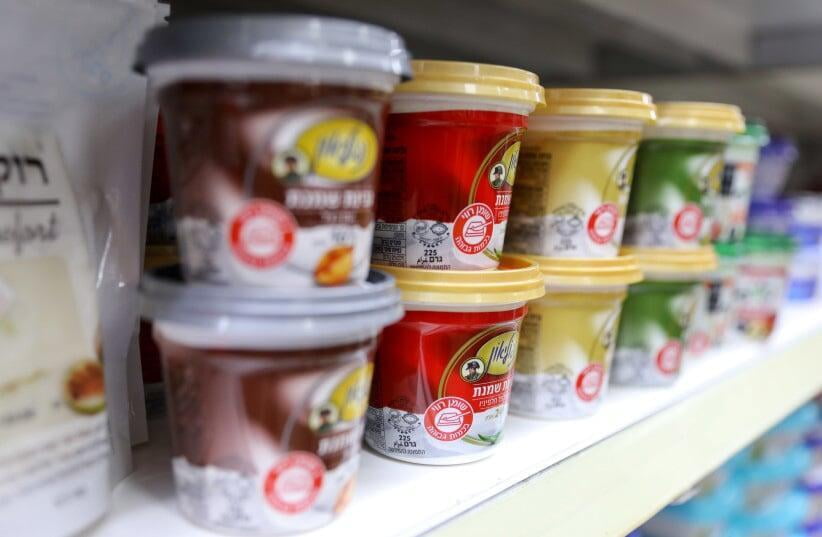Plastic food packaging has led to a significant increase in landfill waste, so some researchers are exploring bio-derived alternatives. Scientists at The Chinese University of Hong Kong have now developed an edible, transparent and biodegradable material that has great potential for use in food packaging.

Traditional plastic packaging, which relies on petrochemicals and lacks biodegradability, has long been a major contributor to environmental pollution. A team at the Chinese University of Hong Kong focused on bacterial cellulose (BC), a type of cellulose synthesized by bacteria, which is an extracellular natural polysaccharide product produced by bacterial metabolism, free of other substances such as lignin and hemicellulose, and with a purity much higher than that of plant cellulose. Due to its unique properties, bacterial cellulose is used in a wide range of applications such as cosmetics, food and pharmaceuticals. Bacterial cellulose is increasingly seen as a sustainable, readily available and non-toxic alternative to plastics.
Professor To Ngai of the Department of Chemistry at the Chinese University of Hong Kong and the study's corresponding author emphasized that the impressive tensile strength and versatility of bacterial cellulose are key to its potential.
While in plant cellulose is present in the cell wall, bacterial cellulose can be produced by microbial fermentation. "This production method does not result in deforestation or habitat loss, making BC a more sustainable and environmentally friendly material alternative to plant cellulose." Ngai said.
The widespread adoption of bacterial cellulose is hampered by its sensitivity to moisture (hygroscopicity), which affects its physical properties. In a recent paper published in the SCI Journal of Food and Agricultural Sciences, researchers from the Chinese University of Hong Kong have proposed a new approach to overcome this limitation. By incorporating certain soy proteins and coating the material with an oil-resistant composite, the team succeeded in creating an edible, transparent and durable BC-based composite package.
Ngai sees this approach as highly scalable because it does not require specific reaction conditions such as chemical reactions, but rather simple mixing and coating techniques.
Studies have shown that plastic alternatives can be completely degraded within one to two months. Unlike some bio-derived plastics (e.g., PLA), BC-based composites do not require industrial composting conditions to degrade.
"The material developed in this study is completely edible, making it safe for sea turtles and other marine animals to eat without causing aquatic toxicity in the ocean." Ngai explained.
Researchers at The Chinese University of Hong Kong are now investigating ways to improve the versatility of modified bacterial cellulose films for a wider range of applications. They are developing a thermosetting adhesive to create a strong bond between the bacterial cellulose, making it easy to mold into various shapes when heated.
"One of the main challenges with bacterial cellulose films is their non-thermoplastic nature, which limits their potential for use in certain applications. By addressing this issue, we hope to make bacterial cellulose films more competitive with conventional plastics while maintaining their eco-friendliness." Ngai said.
The study aims to help reduce the overuse of single-use plastics, which can last for centuries after only a few days on supermarket shelves.
"This study reminds us that natural raw materials may already have the necessary properties to go beyond the function of plastic packaging." Ngai concluded.

